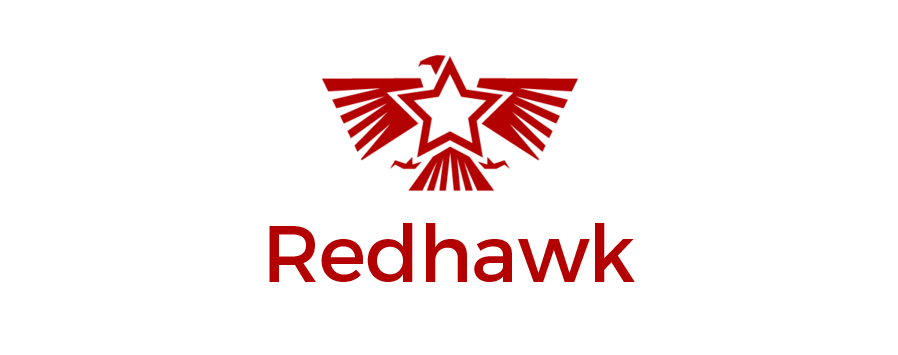Your logo is badass, your product or service sounds really innovative and those business cards seem to be made out of some kind of cheetah fur.
I’m interested in hearing about how you plan to scale your user base and grow your adoption rates. I’m also interested in hearing about what conferences you are going to attend, the panels you plan to participate in and how you will attract that rock star CTO.
But I’m more interested in how you’re going to make money, how much you’re going to generate and when you’ll be at breakeven.
At some point in the not so distant past, there was a slide in a pitch deck that showed a potential revenue number against some trillion-dollar market opportunity that may or may not actually exist. Investors got excited about that logo, those sick business cards and that recruiting plan for the Michael Jordan of CTOs and stroked some funding checks.
Seven months later, you’re planning your four-month-long schedule for raising a second round because your expenses have outpaced your revenue faster than expected.
You had to re-design your UX, improve your security back-end and launch an expansive social media campaign. You gained thousands of users, received a few accolades for your startup and generated some revenue. You didn’t hire that sales guy you knew you needed or re-price the product to improve margins and instead spent that time, money and energy on making a better product and gaining users. Unfortunately, that sagging revenue is shortening your runway.
In a startup, you’re constantly prioritizing and reprioritizing work. The tension between product development, creating scale and maintaining positive numbers on your balance sheet can be a daily struggle. There are always more things to do than you have the resources to complete.
Generating revenue should be your top priority.
Like it or not, generating sales revenue is the path for success for most startups. Venture capital passes on all but a few of the deals they are pitched and less than half the tech startups will even attempt to pitch VCs. There may be no investor cash available.
We see the Techcrunch headlines and Medium articles about the startups that sold for $50 million even though they never actually created an operational profit for themselves or their investors. Behind that small selection of successes lie the other 90% of startups that folded. Running out of money is usually cited in most of these collapses as a primary cause.
Think about the optionality sales revenue provides.
- The option of pivoting your offering.
- The option of going after your competitors more aggressively.
- The option of taking a risk on a new set of features or an additional product line.
- The option of reinvesting the profits back into the growth of the company.
- The option of upgrading your human capital.
- The option of taking on additional investors or bootstrapping your growth.
Sales revenue also provides a wider margin for failure. Your financial projections, budgets and planning are mostly works of fiction so when something doesn’t go the way you need, that extra cash will certainly help you smooth out that rough spot.
Lastly, generating positive cash flow is a signal to future investors, employees, vendors, and other stakeholders that the product is viable and worth their participation.
Sales isn’t as fun or sexy to talk about as UX or branding. You usually can’t do it at 2am or between rounds at the shuffleboard table. But if the rest of you want to eat, you need a solid sales program staffed with competent, motivated people. If you’re not sure where to start, give me a call.


